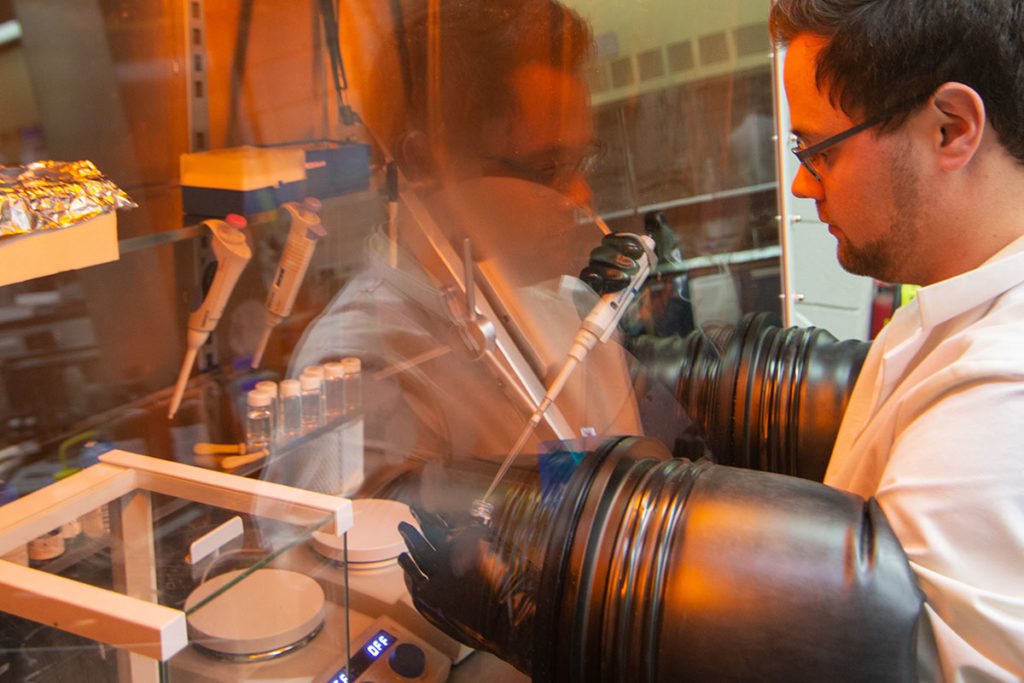Catalysis and Synthetic Methodology Development
Owing to the global scale establishment of polymer technology in the past few generations, the capability to carry out new polymerization reactions typically affords new applications and processes with far reaching implications. Advances in synthetic methodologies have enabled the evolution of structurally complex and highly functionalized vinyl-derived polymers, with control over size (molecular weight) and architecture (e.g. statistical, alternating, block), affording the achievement of advanced structures within very narrow limits of molecular weight and end-group fidelity.

Planar, rigid aromatic or pseudo-aromatic rings in polymers impart more robust mechanical, chemical, electrical, and thermal properties than polymers from addition polymerization. This enables their utility as high-performance and engineering thermoplastics or as active materials in many key markets including automotive, aerospace, consumer electronics, building and construction, healthcare, oil and gas, energy and the environment, membranes, and many other demanding industries as highlighted in the inset.
Diverse materials are prepared using step-growth approaches with nearly all commercial materials containing heteroatoms and/or aromatic rings in the backbone. The cost of these monomers, which require several steps from the bulk commodity petrochemical intermediates to the polymerizable monomer are key to commercial applications. We develop synthetic methodologies to access new classes of functional aromatic materials that cannot be accommodated within the scope of traditional transition metal mediated polymerizations.
